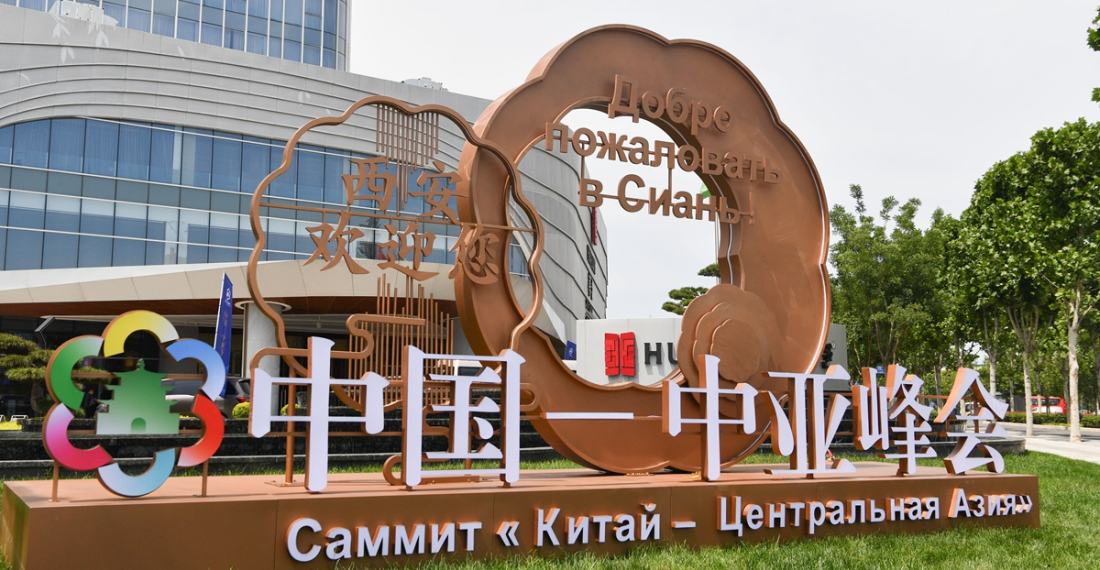The President of China Xi Jinping is hosting the first ever China-Central Asia summit on Thursday and Friday (18 and 19 May).
President Xi will host the presidents of Kazakhstan, Uzbekistan, Kyrgyzstan, Tajikistan and Turkmenistan in the historic city of Xi'an, which once marked the beginning of the Silk Road trade route stretching from China to Europe. It will be the first in-person meeting between the presidents of the six countries after they held an online summit in January 2022 marking 30 years of relations.
Chinese officials have said that the meeting will mark "a new era of cooperation" as Central Asia looks to expand ties both to its east and west as Russian influence in the region wanes as a result of its ongoing full-scale invasion of Ukraine.
According to the Chinese government newspaper Global Times, the presidents of the six countries will "exchange views on establishing mechanisms, cooperation and international, regional issues with respective concerns, as well as signing a slew of important political documents on trade, investment, connectivity and other areas".
Other areas of discussion between the six presidents are likely to be traditional and new energy, commodities and digital commerce, and security, reports the Global Times.
The summit in Xi'an comes off the back of rapidly developing cooperation between China and Central Asian nations in an attempt at making the so-called "Middle Corridor" trade route a viable alternative to the "Northern Corridor" via Russia, which has been seriously affected by international sanctions.
Booming trade between China and Central Asia
According to China’s Ministry of Commerce, in the first two months of 2023, trade between China and the five Central Asian countries surged by 22% compared to a year ago. In 2022, trade between China and the five countries hit a historic high of $70.2 billion, and China expanded its imports of agricultural, energy, and mineral items from these countries by more than half. China’s direct investment in Central Asia had reached $15 billion by the end of last year.
Only two days ago (16 May), Kazakh companies signed export agreements worth nearly $100 million with China in the latest development.
Among the other measures intended to facilitate increased cooperation between China and Central Asia is visa-free travel. China and Kazakhstan are pushing forward with their own mutual visa-free regime, while Kyrgystan is also pushing for its own visa-free agreement with China. Uzbekistan has already approved visa-free travel for Chinese citizens.






